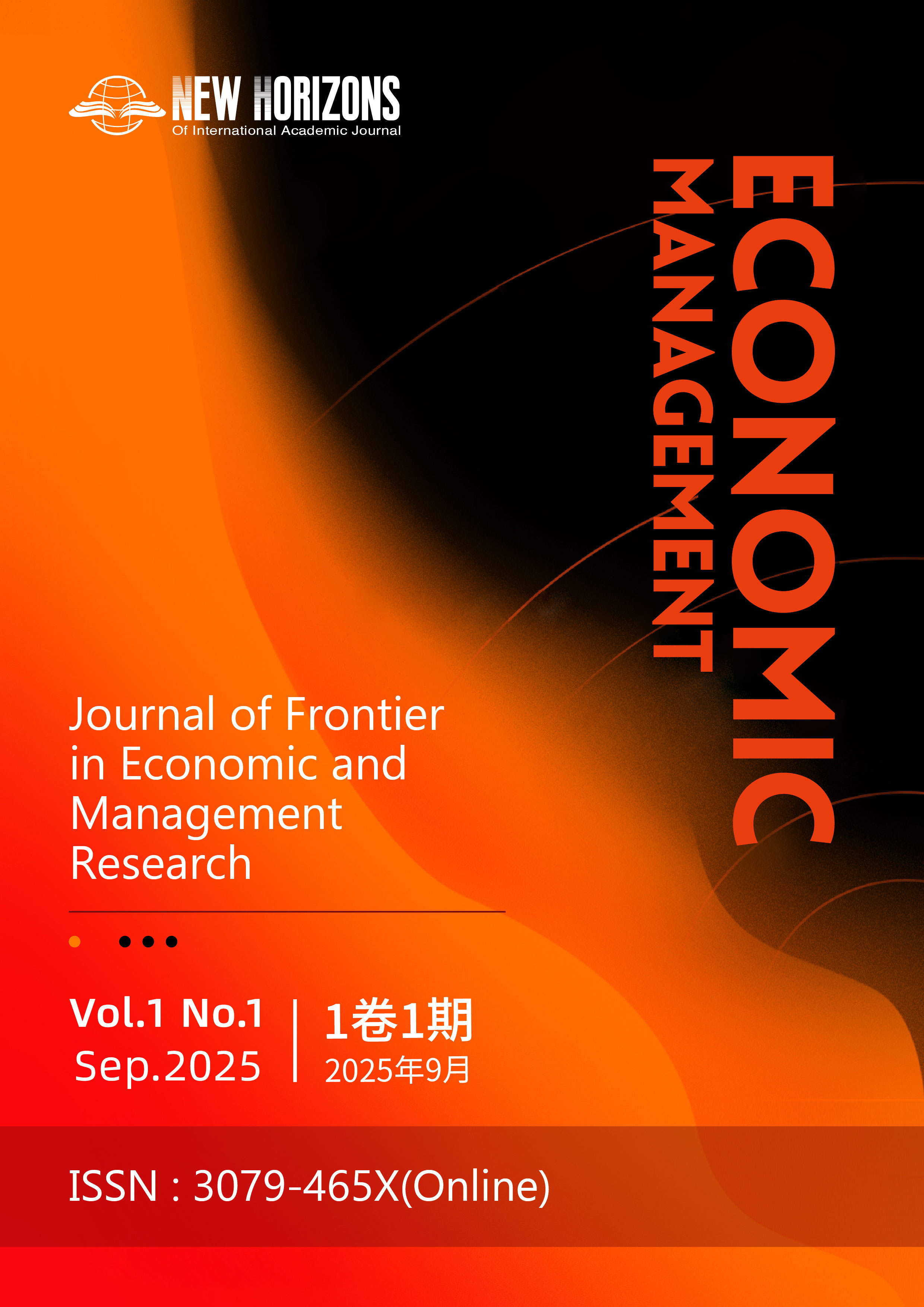Zixin Wang (Author)
Accounting and Audit School, Guangxi University of Finance and Economics, Nanning, Guangxi, China
Haojie Liao (Author)
Accounting and Audit School, Guangxi University of Finance and Economics, Nanning, Guangxi, China
Shaohan Lin (Author)
School of Accounting, Guangzhou Huashang College, Guangzhou, Guangdong, China
Yating Yang (Author)
College of International Education, Dhonburi Rajabhat University, Thonburi, Bangkok, Thailand
Vietnam's tax Preferential Policies, Foreign DirectInvestment, Gross Regional Domestic Product
15-09-2025
Vietnam has recently become a major draw for foreign investment, especially from Chinese firms. This can be attributed to its booming economy, strategic location, and increasingly favorable investment policies. This analysis explores how Vietnam's tax incentives enhance its appeal to foreign investors, focusing on the varied regional and industry-specific effects of corporate income tax incentives. Research reveals Vietnam has significantly boosted its attractiveness to foreign investment by steadily lowering corporate income tax rates—from 25%-45% in the 1990s to a flat 20% by 2016. It also implemented differentiated incentives, including a 10% tax rate in economic zones, along with periods of tax exemption and reduction. At the regional level, tax incentives in economic zones, high-tech parks, and less developed areas have effectively guided Foreign Direct Investment (FDI). However, the impact of these policies has waned in more established regions like Ho Chi Minh City. Across industries, targeted tax exemptions and reductions in high-tech, environmental protection, and infrastructure sectors have successfully spurred industrial advancement. Nonetheless, challenges such as intricate tax regulations, varying local interpretations, and global tax reforms like the OECD global minimum tax introduce compliance risks and policy uncertainties. This research empirically confirms a positive link between tax incentives and inflows of foreign investment, as well as Gross Regional Domestic Product (GRDP). It also highlights the critical need to dynamically balance policy benefits and associated risks. This study offers a theoretical framework for foreign enterprisesto refine their investment strategies in Vietnam. It also provides valuable insights for other Southeast Asian nations developing competitive tax policies.
 PDF
PDF
Copyright (c) 2025 Journal of Frontier in Economic and Management Research

This work is licensed under a Creative Commons Attribution 4.0 International License.